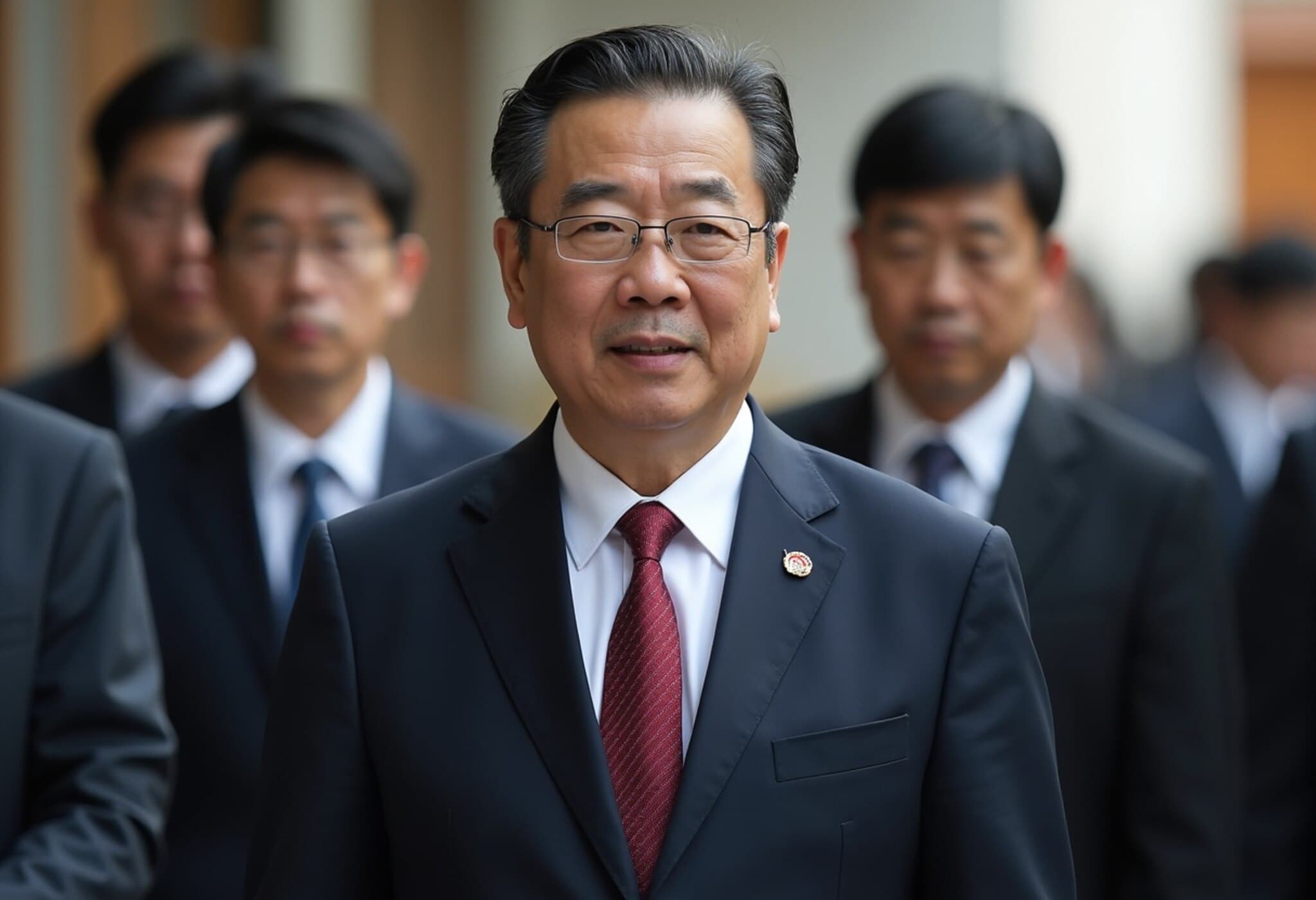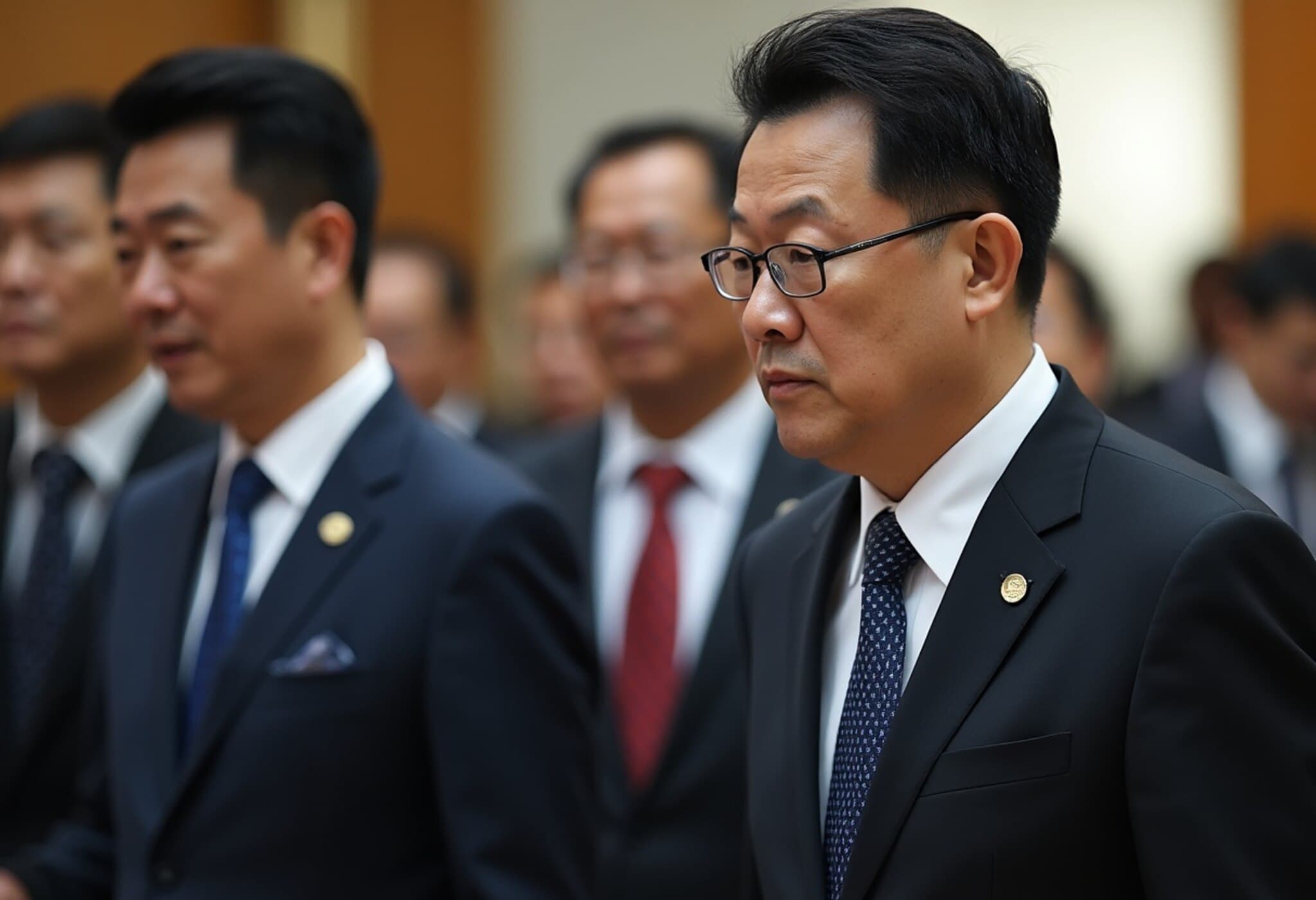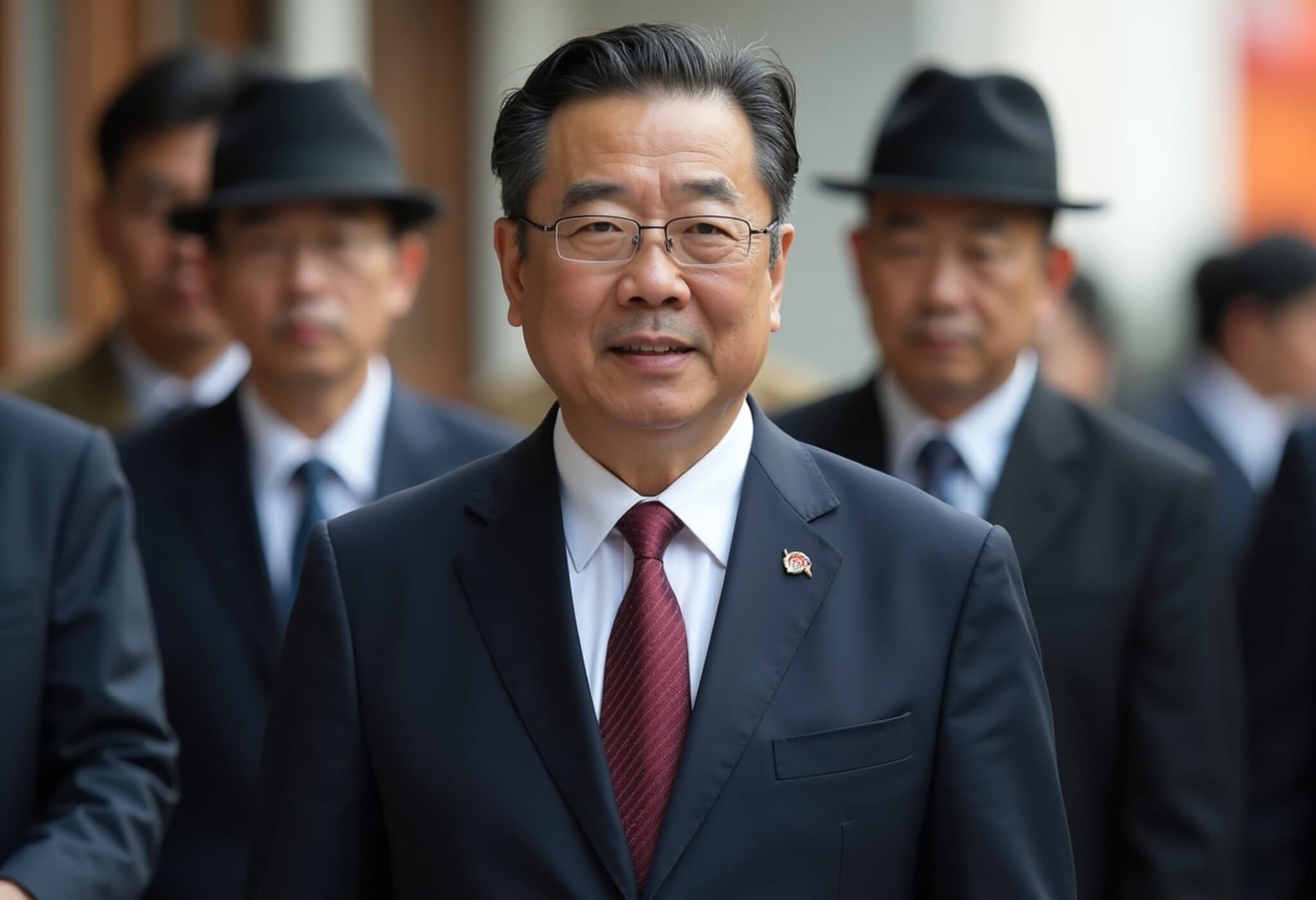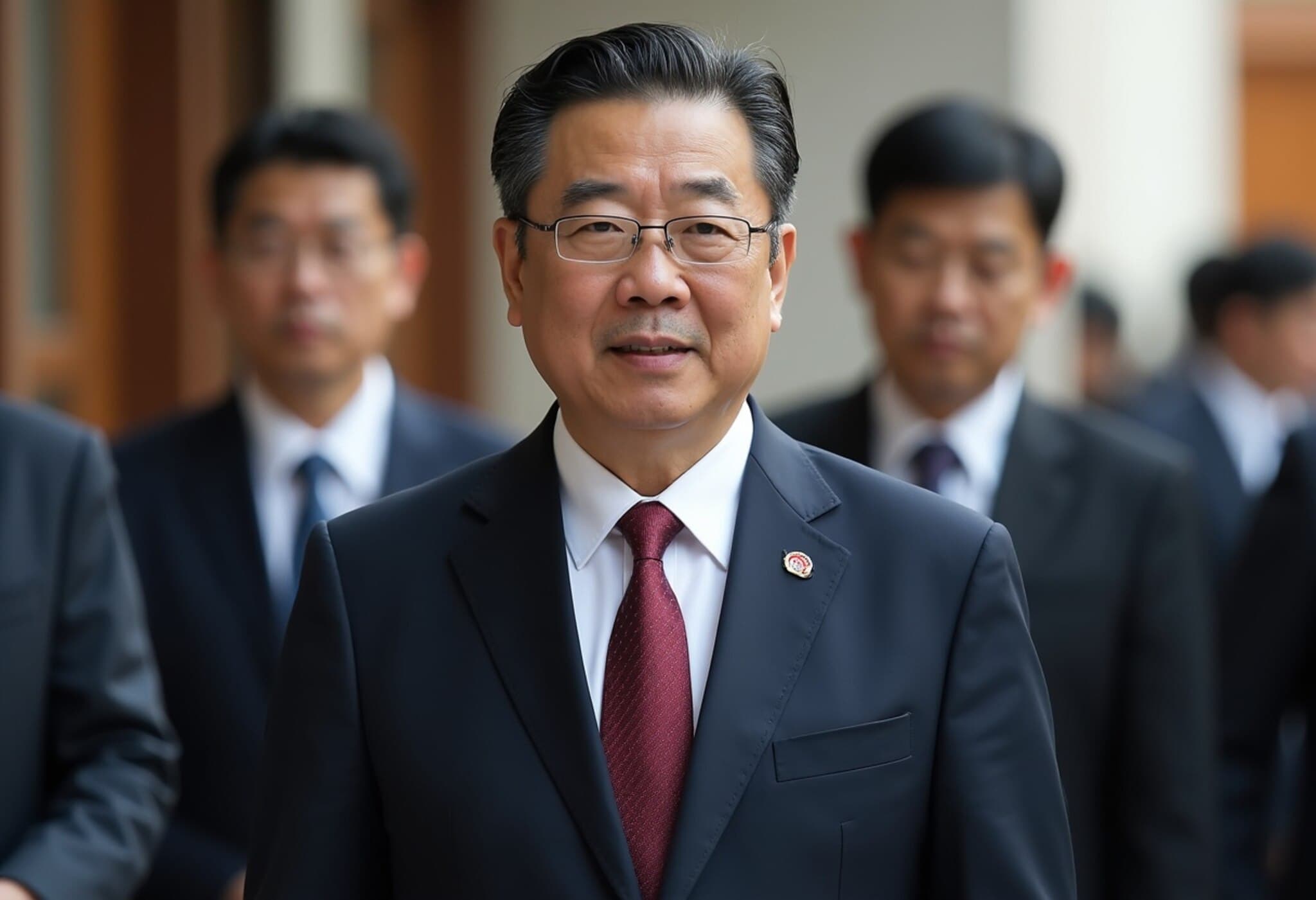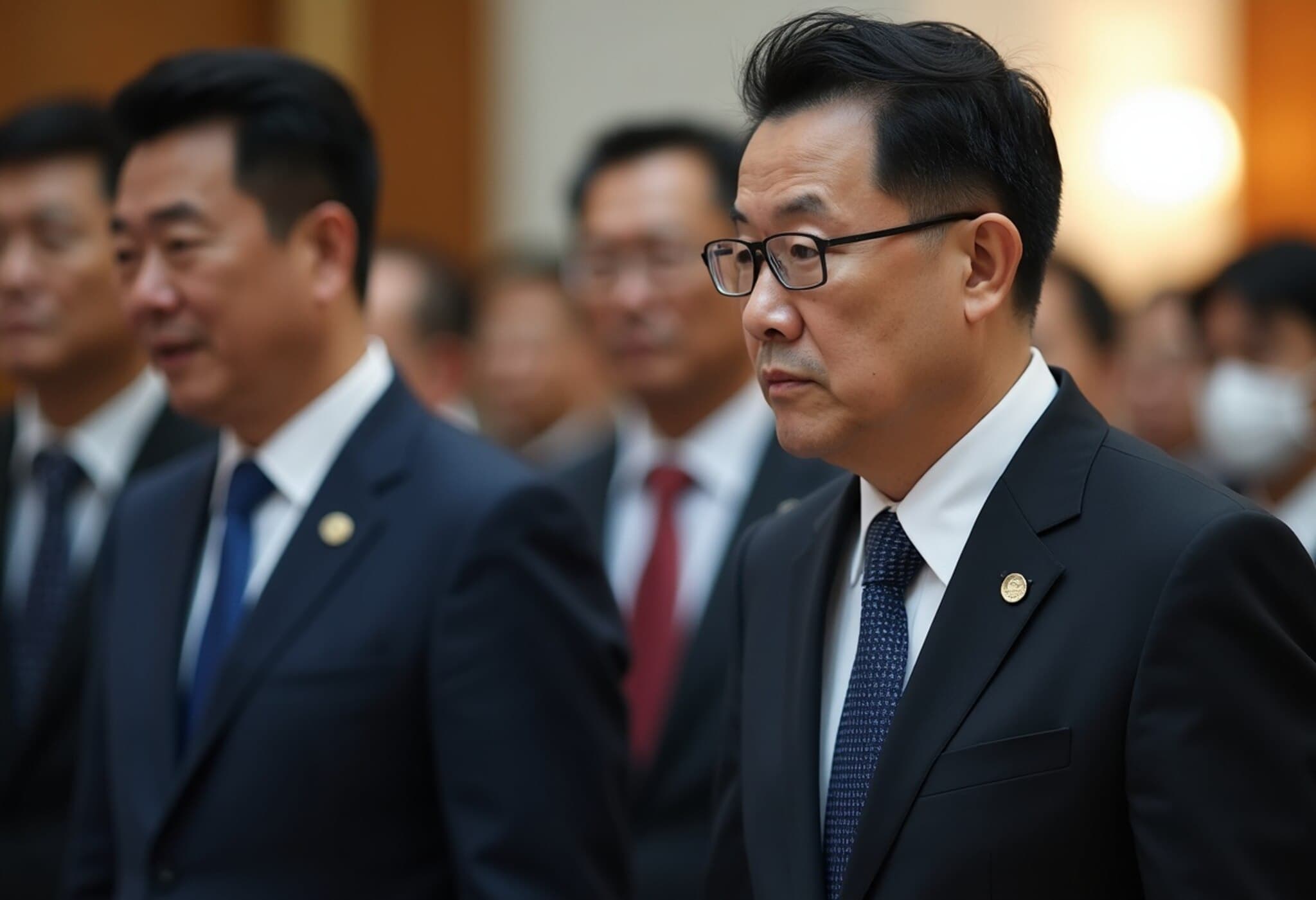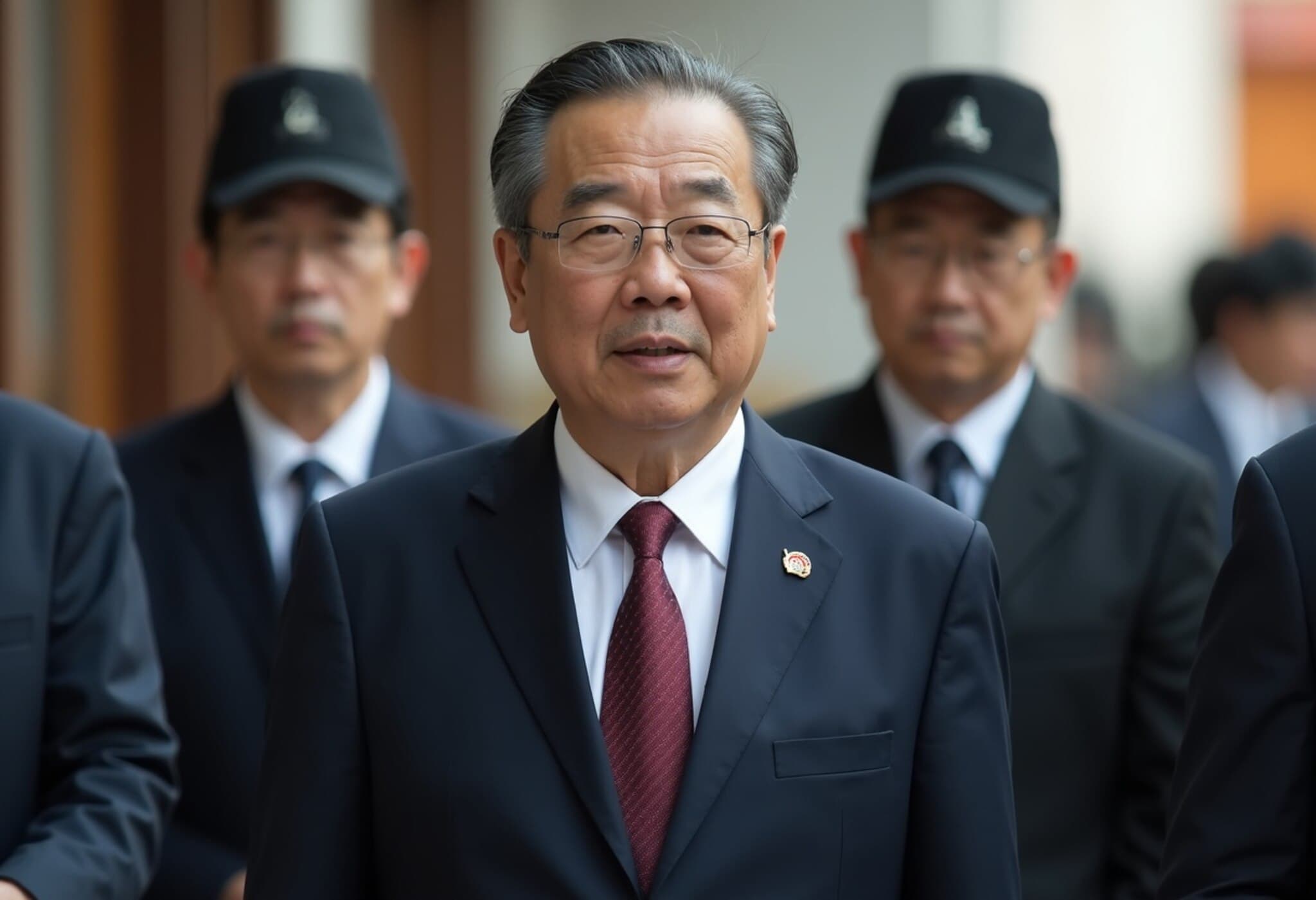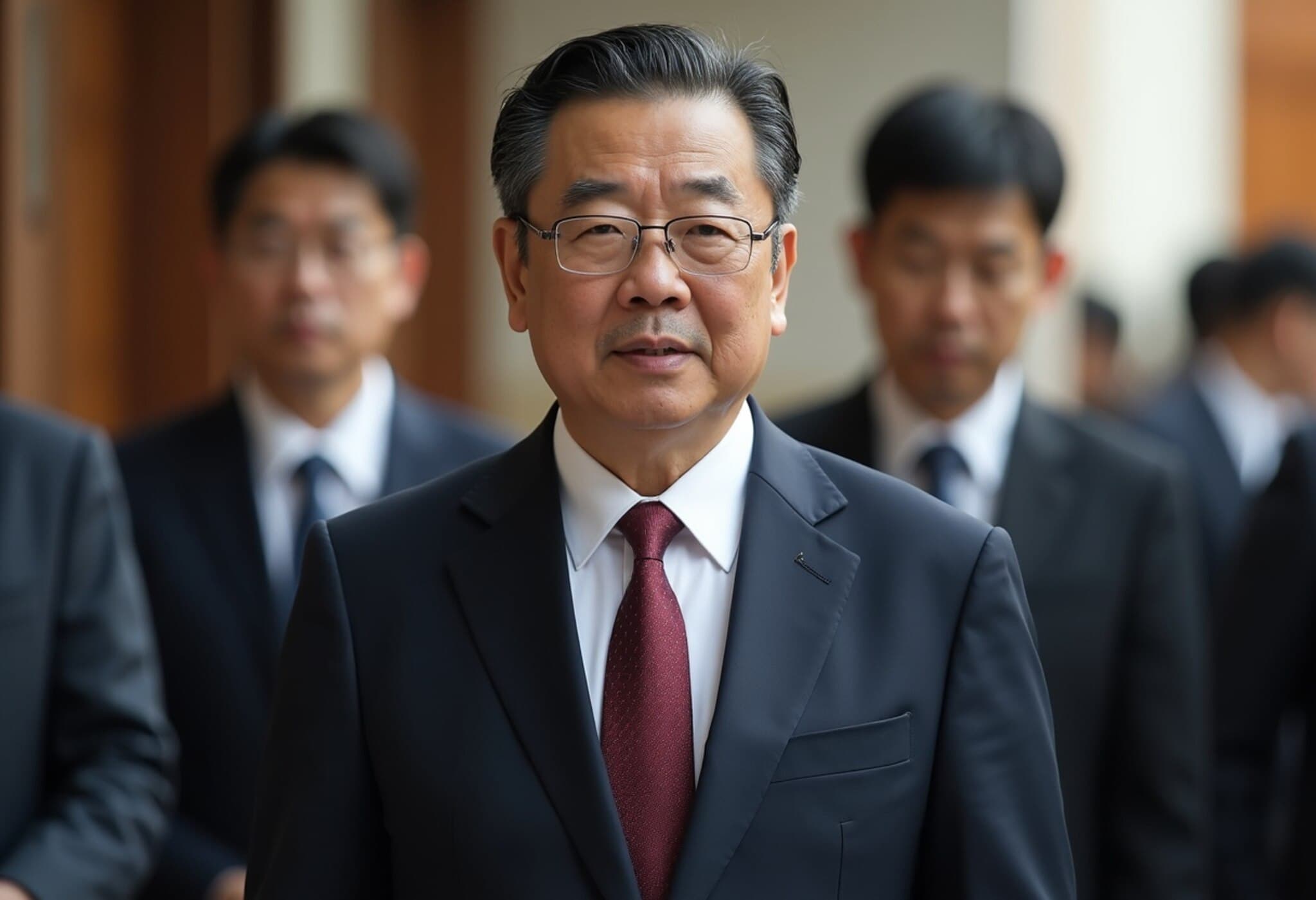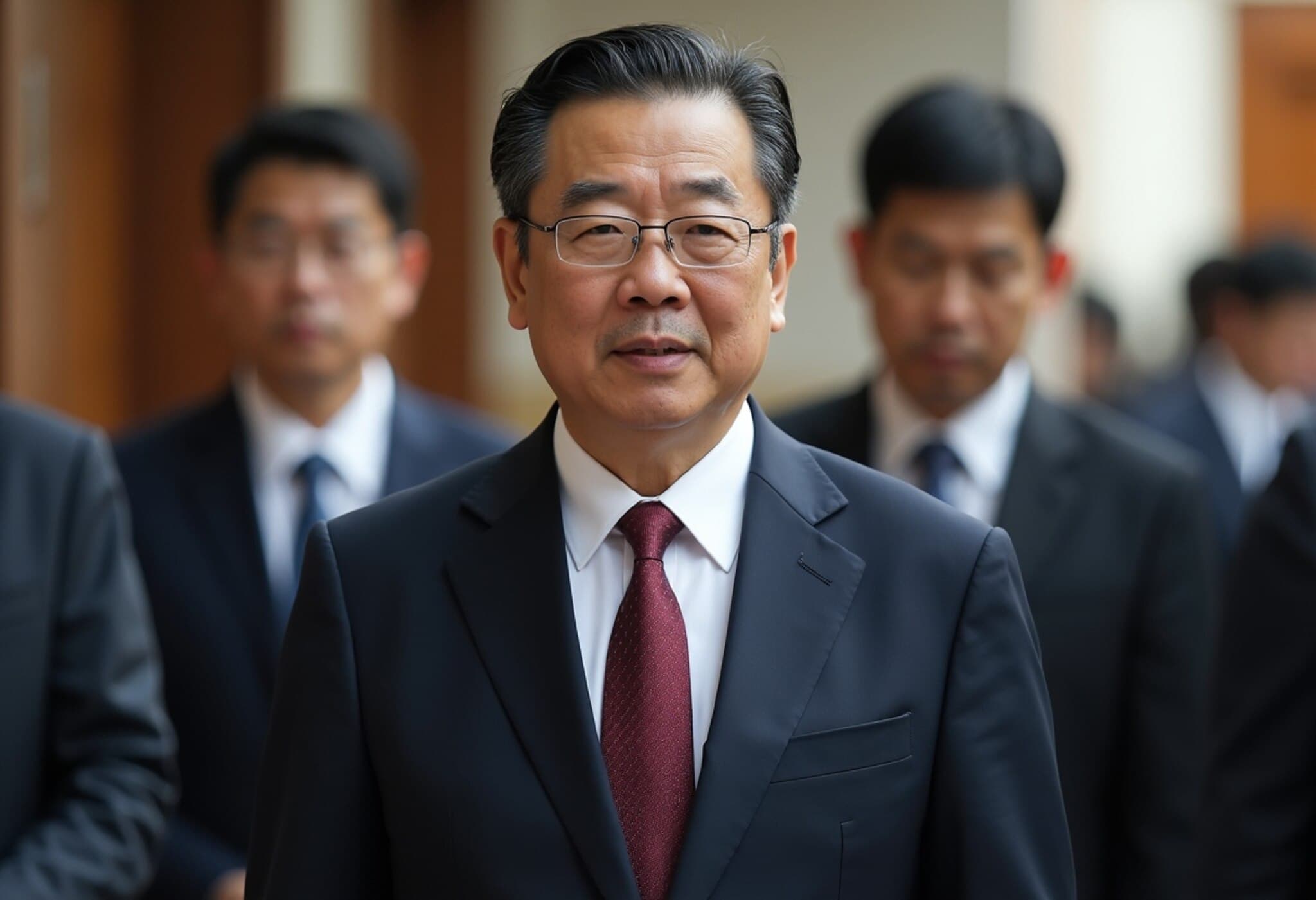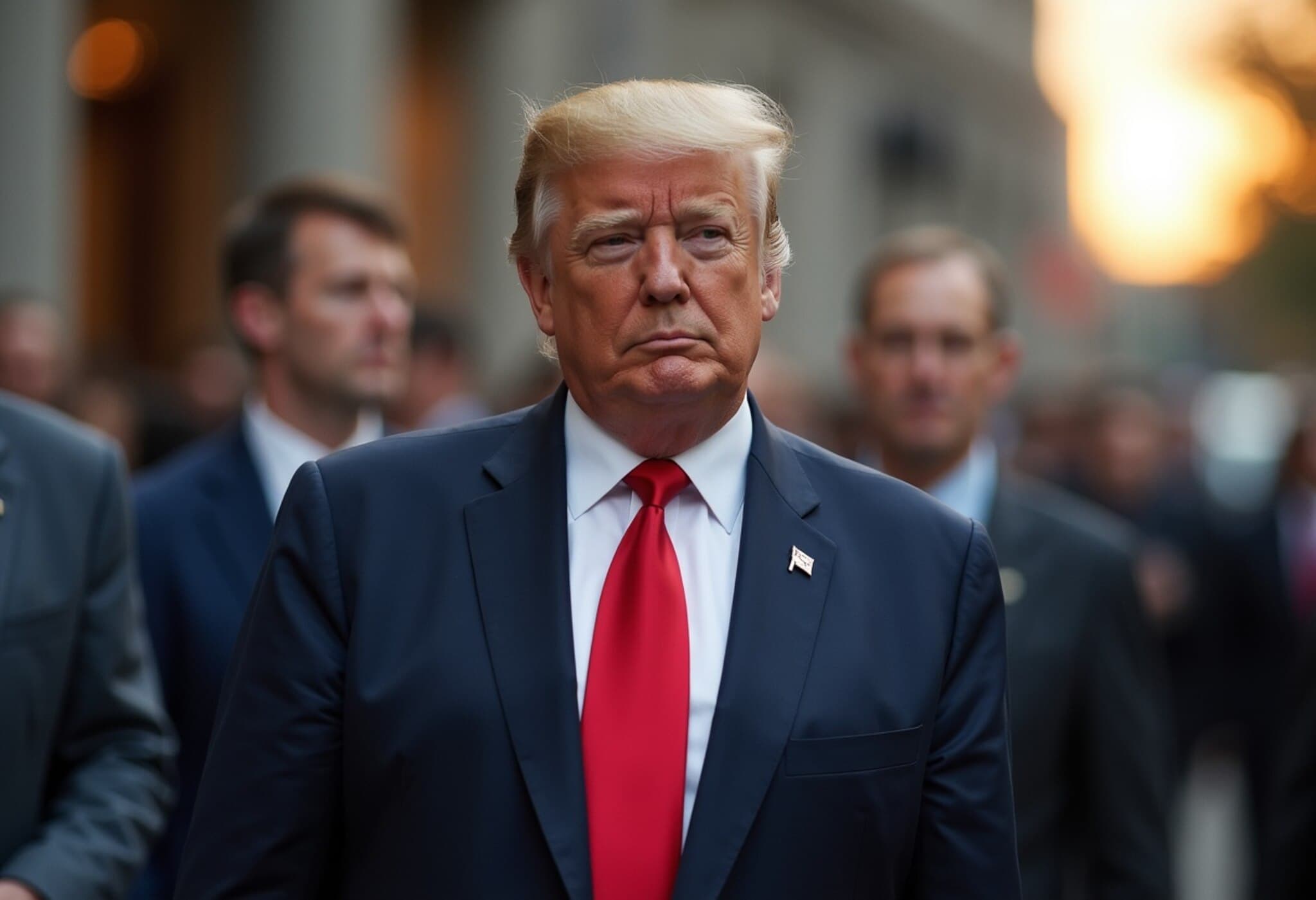South Korean Court Greenlights Arrest of Former President Yoon Suk Yeol
In a stunning legal development, a South Korean court approved an arrest warrant for former President Yoon Suk Yeol, implicating him in the controversial imposition of martial law last December. The ruling marks a significant escalation in the ongoing legal saga surrounding Yoon, who was impeached and removed from office earlier this year.
Background: Martial Law Attempt Sparks National Turmoil
On December 3, 2024, Yoon attempted to impose martial law in a move he described as essential to quelling obstruction from liberal opponents who held a legislative majority. However, this decree was short-lived; lawmakers confronted heavily armed troops deployed at the National Assembly, broke through the blockade, and quickly voted to revoke the martial law order.
Critics have framed Yoon’s action as an unprecedented power grab aimed at suppressing political opposition, including detaining rivals and undermining democratic institutions.
Legal Proceedings and Charges
Following the December events, Yoon was impeached by parliament on December 14 and later indicted on January 26 by special prosecutors. The charges leveled against him include abuse of power, falsification of official documents, obstruction of official duties, and notably, attempted rebellion. Prosecutors argue that these offenses amount to a concerted effort to illegally seize legislative and election offices, with penalties ranging up to life imprisonment or even the death penalty.
His legal team has vehemently denied these accusations, deeming the arrest motion excessive and unsupported by concrete evidence.
Current Status: Arrest and Detention
Yoon appeared in court on July 9, 2025, for a hearing during which he chose not to answer questions. After a marathon seven-hour session, the court ruled in favor of detention, citing concerns that Yoon may attempt to destroy evidence relevant to the investigation.
This decision resulted in Yoon’s immediate transfer to a detention center near Seoul, merely four months after his release from a previous custody spell—he had been detained in January and freed in March pending trial.
Political Ramifications and the Road Ahead
The fallout from Yoon’s martial law attempt continues to reverberate across South Korea. His successor, Lee Jae Myung, who won a snap presidential election in June, has swiftly moved to initiate expansive special investigations into not only Yoon’s martial law episode but also other alleged criminal activities linked to his administration and family members.
This situation exposes deep fissures in South Korea’s political landscape, raising urgent questions about the resilience of democratic institutions and the rule of law in a country still grappling with the balance between security and civil liberties.
Expert Insights: What This Means for South Korean Democracy
From a legal standpoint, Yoon’s case underscores the critical role of judicial oversight in curbing executive overreach. The swift reversal of martial law by lawmakers—as well as the court’s robust response—affirm South Korea’s democratic safeguards.
However, the severity of the charges and the involvement of top political figures highlight the potential fragility of democratic norms when confronted with crises. For the international community and policy watchers, this episode serves as a reminder that even established democracies must continuously defend constitutional processes from internal challenges.
What’s Next?
- The ongoing trial for Yoon could set precedent for accountability of high-ranking officials.
- Further investigations may reveal more about alleged abuses during Yoon’s administration.
- South Korea’s handling of this crisis may influence regional perceptions of its political stability.
Stay tuned as this complex legal and political drama unfolds, with significant implications for governance and justice in South Korea.

